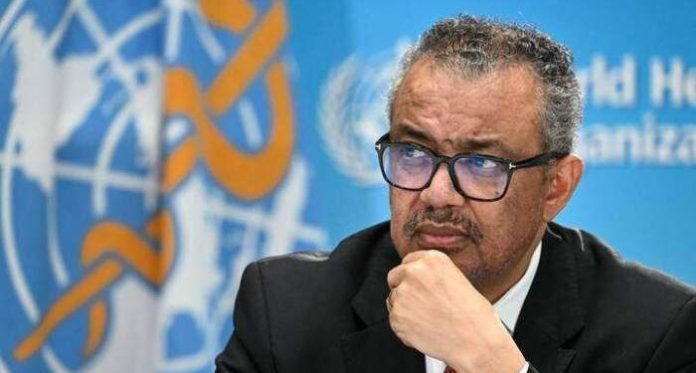Dr Tedros Adhanom Ghebreyesus, Director-General of the World Health Organization, survived an Israeli airstrike at Sanaa International Airport on Thursday. This attack was part of a series targeting the Houthi movement in Yemen.
The explosions struck the airport, and the sounds of them still echoed in Dr Tedros’s ears long after. He described the scene as chaotic, with people running in every direction following multiple blasts. One of these explosions was shockingly close to where he sat near the departure lounge.
“I honestly wasn’t sure I would survive. It was only a few metres away, and even a small deviation could have caused a direct hit,” he said.
Dealing with the immediate danger
After the blasts, Dr Tedros and his team remained in the airport for nearly an hour. They feared further strikes, especially when they saw drones flying overhead. Amid the debris, they noticed missile fragments scattered around. “There was no shelter at all. We were just exposed, hoping nothing worse would happen,” Dr Tedros added.
This attack followed several strikes by the Houthis, who had targeted Israel in recent days to show solidarity with Palestinians in Gaza. Israeli Prime Minister Benjamin Netanyahu later stated that Israel’s actions against the Houthis would continue. Meanwhile, the Houthi-controlled Saba News Agency reported that three people died at the airport, while three more lost their lives in Hodeidah. Additionally, 40 others suffered injuries in these attacks.
Reflections on the situation
Dr Tedros had travelled to Yemen during Christmas to negotiate the release of 16 UN workers and other detainees. Although he and his team were aware of the risks, they felt it was vital to use this opportunity to bring the detainees home.
Dr Tedros emphasised that no prior warning of the airstrike had been given. He spoke later from Jordan, where he had flown to help evacuate a seriously injured UN colleague. Thankfully, the colleague is now in stable condition.
While Dr Tedros expressed surprise at the attack on a civilian airport, he refrained from placing blame. “A civilian airport should be protected, whether I am there or not,” he noted. “I feel fortunate to have survived, but others face similar threats daily.”
In his conclusion, Dr Tedros voiced concern about the future. “The world is heading towards a dangerous place. Leaders must work together to end conflict and ensure peace,” he said.
